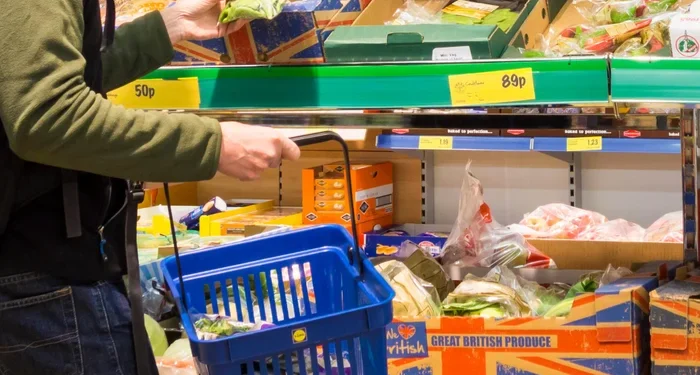The UK’s annual inflation rate rose to 3.6% in June, up from 3.4% in May, according to figures released by the Office for National Statistics (ONS) on Tuesday.
The increase, driven by stubbornly high motor fuel and food prices, marks the highest inflation level since January 2024 and came as a surprise to analysts, who had expected no change.
“Inflation ticked up in June, driven mainly by motor fuel prices, which fell only slightly, compared with a much larger decrease at this time last year,” said Richard Heys, acting chief economist at the ONS.
Heys also noted that food price inflation has now risen for a third consecutive month, reaching its highest annual rate since February 2024.
The inflation news comes on the heels of official data showing the UK economy contracted for a second month in May, raising fresh concerns about economic stagnation and putting additional pressure on Prime Minister Keir Starmer’s new government.
In response to the data, Finance Minister Rachel Reeves acknowledged the strain on households and said, “There is more to do” to support Britons struggling with the cost of living.
Despite the unexpected inflation uptick, some analysts believe the Bank of England may still proceed with an interest rate cut next month.
“The unexpected rise in CPI inflation… may not prevent the Bank of England from cutting interest rates by 25 basis points in August,” said Ruth Gregory, deputy chief UK economist at Capital Economics.
She added, however, that the data could lead the central bank to adopt a more cautious approach to future rate cuts, aiming for a gradual easing path as economic growth remains weak.















